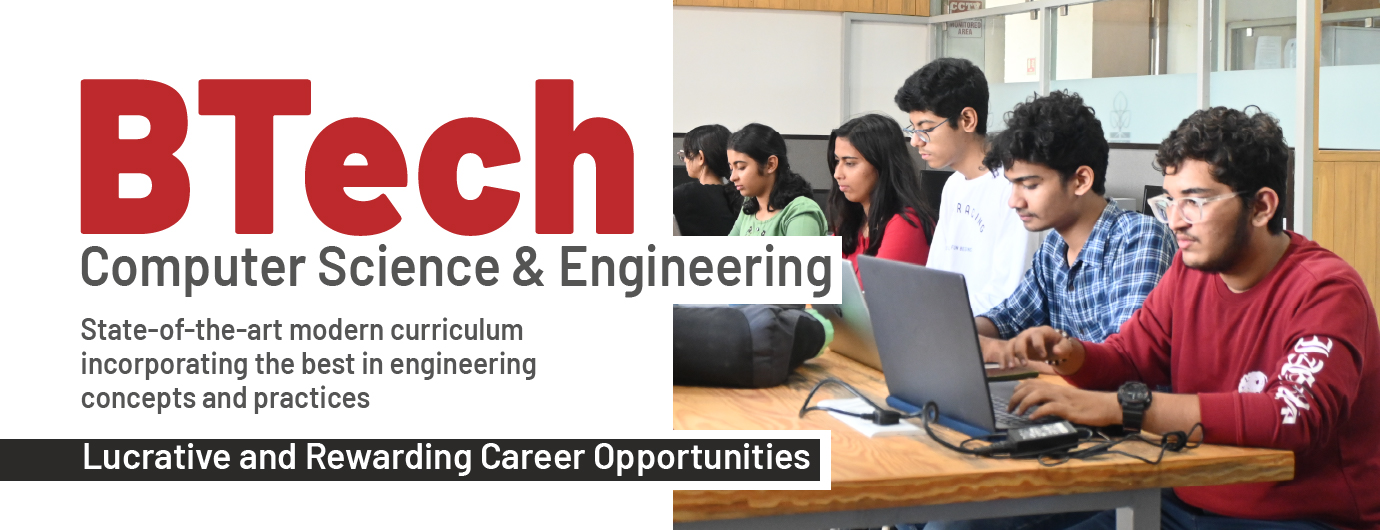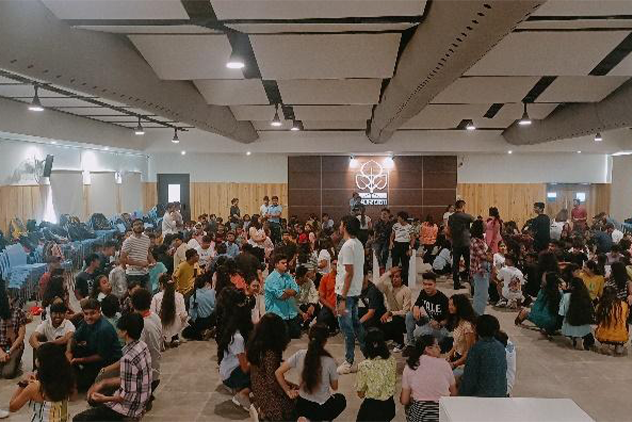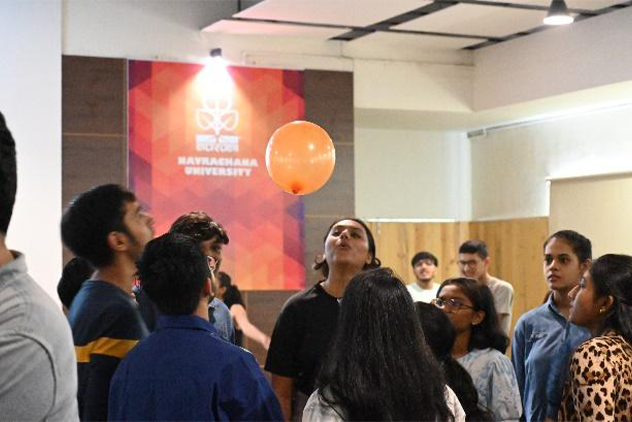A typical computer science and engineering curriculum spans eight semesters, each building upon foundational knowledge and skills while gradually introducing more advanced concepts. In the first semester, students are introduced to the fundamentals of computer science, including programming languages such as Python and Java, as well as basic algorithms and data structures. Concurrently, they delve into the principles of computer organization and architecture, alongside essential mathematical concepts necessary for the field, such as discrete mathematics.
Moving into the second semester, the focus shifts towards more complex data structures and algorithms. Students deepen their understanding of topics like trees, graphs, and algorithm analysis, essential for efficient problem-solving in various domains. Additionally, they explore object-oriented programming principles and are introduced to database management systems and SQL.
As students’ progress into their third semester, they embark on the journey of software engineering. Here, they learn about various software development methodologies, ranging from Agile to Waterfall, and delve into software design patterns and principles. Moreover, they familiarize themselves with version control systems like Git and begin their foray into web development with HTML, CSS, and JavaScript.
In the fourth semester, attention turns towards operating systems and networking. Students gain insights into the intricacies of operating system functionalities such as process management, memory allocation, and file systems. Simultaneously, they explore the realm of computer networks, learning about protocols like TCP/IP and HTTP, laying the groundwork for understanding distributed systems and cybersecurity.
By the fifth semester, students delve deeper into advanced programming concepts. They explore different programming paradigms, such as functional programming, and learn about concurrent and parallel programming techniques. Additionally, they are introduced to the basics of machine learning and artificial intelligence, paving the way for further exploration in subsequent semesters.
The sixth semester focuses on database systems and web development. Students deepen their understanding of database management systems, including relational and NoSQL databases, while also honing their skills in web application development using frameworks like Django and Flask. Furthermore, they explore frontend development frameworks and delve into project management methodologies essential for software engineering.
During the seventh semester, students can specialize in areas of interest through elective courses. They may opt for courses in cloud computing, cybersecurity, mobile app development, or other specialized domains. Concurrently, they engage in advanced topics within computer science, tailored to their chosen specialization track.
The eighth and final semester is dedicated to industry immersion through internships and projects. Students undertake full-time internships in industry settings, gaining practical experience and exposure to real-world challenges. Additionally, they collaborate on projects with industry partners or engage in research initiatives, culminating in a final project presentation and report that demonstrates their application of acquired knowledge and skills. This internship experience serves as a bridge between academic learning and professional practice, preparing students for successful careers in computer science and engineering.








